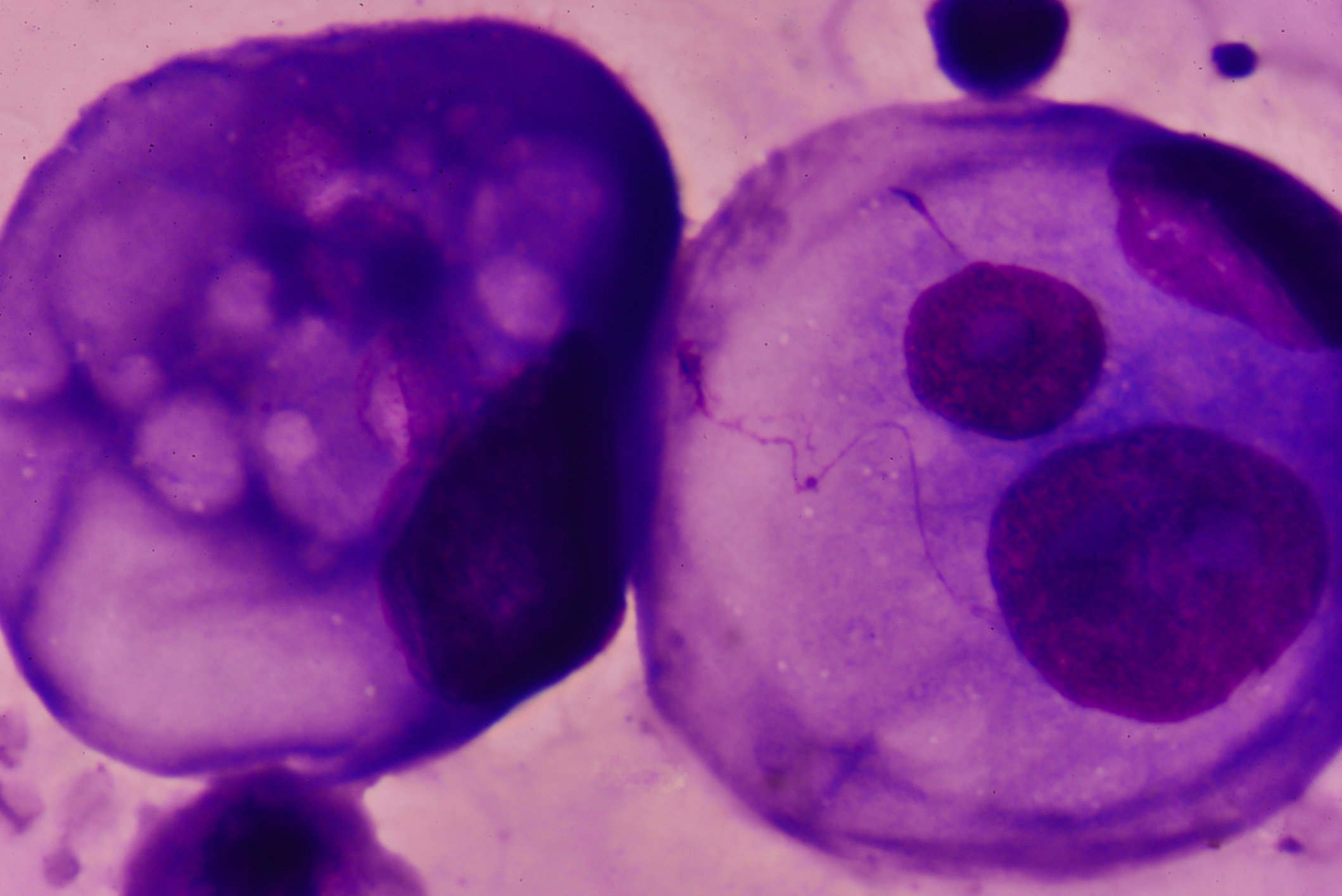Cancer services should be rebuilt after COVID disruption, experts say

There is a pressing need for a joined-up cancer strategy to reverse the impact of the COVID-19 pandemic, according to a new report from the UK’s pharma industry.
The Association of the British Pharmaceutical Industry (ABPI) report said that the UK must be more ambitious with its cancer strategy if it is to compete with the leading nations across Europe.
Early diagnosis, reducing variations in care standards and using latest medicines and treatments should be prioritised on the NHS, the report added.
Cancer incidence has been rising in the UK but deaths have been declining and survival rates increasing until the pandemic.
However, COVID-19 is widely thought to have significantly impacted every aspect of cancer care – from diagnosis and patients' willingness to present for treatment through to service delivery and follow-up care.
Called Cancer in 2020 and beyond: Cross-sector insights into improving outcomes for cancer patients, the report is based on interviews with 14 high profile leaders from across the NHS, academia, industry and patient-facing charities.
It makes a number of recommendations which, if implemented, the contributors say, would lead to meaningful improvements for NHS cancer patients far beyond pandemic recovery.
Recommendations includes setting targets and timelines for improving services, improving cancer screening and funding dedicated community diagnostics.
NICE and NHS England should work with an independent task force, charities, industry and academia to reduce variations in care, the report added.
Care pathways should be improved and services should be reorganised into “hub and spoke” models.
There must also be investment in IT and areas such as real-world data collection, and there should be faster and wider access to treatments, including for rare cancers.
Figures released to accompany the report show the incidence of cancer in the UK has increased over the past two decades, with 603 in every 100,000 people in the UK being diagnosed with the condition in 2018, compared to 438 in 1995.
This is slightly higher than the European average of 589 per 100,000 people in 2018 (ranging from 386 cases per 100,000 people in Cyprus to 687 per 100,000 people in Hungary).












